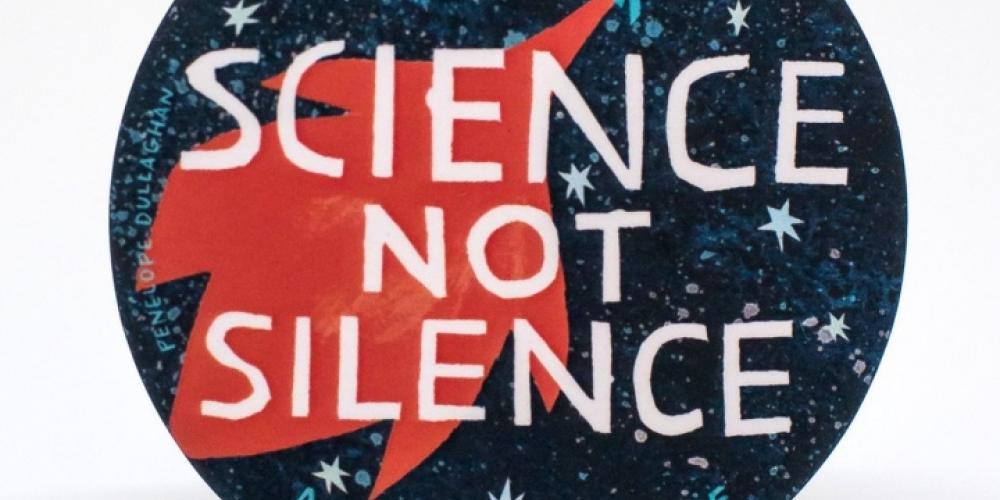
This column was publiced before: deredactie.be and deMorgen.be.
On Saturday March 22nd everywhere in the United States, but also in Europe, scientists took to the streets for their academic freedom. Caroline Pauwels, rector of Vrije Universiteit Brussel, and Herman Van Goethem, rector of the University of Antwerp, wrote an op-ed piece on the matter.
Science is fragile
Academic freedom rose hand in hand with the rise of rational thought in the eighteenth century. Although it is historically embedded in the western world, scientific freedom as such is universal in nature and calling. In essence it deals with the freedom of the searching and doubting individual, that starts to think for himself through speculation and observation, unbound by tradition or religious customs. A research question has the inherent ability to undermine certainties and uncover disturbing facts. Scientific research is unpredictable.
Occasionally it raises fundamental questions of social, ethical or legal qualities. Its results can be misused. Sometimes scientists err and sometimes science progresses through sheer luck rather than systematic and argumentative research work. All this renders science fragile. To economic and financial pressure, or to political manipulation. That scientists have an obligation for accountability goes unchallenged, but that should not open the door to their curtailing. So is it still possible today to think the unthinkable, or to publish research results, however disturbing, freely? Even in democratic nations the freedom of research is in peril.
Corporate financing?
Governments have recently and in ever growing fashion transferred the financing of research to corporations. The share of strategic research in government funding increases everywhere, at the cost of more speculative and less profitable research. Applied research obviously has great value, but the same is true of fundamental research. Studies that cannot show an immediate application often prove to be of essential importance. And that is why funding by corporations can only ever be complementary to, but never a replacement of government funding.
Furthermore there is the danger of self-sustaining financing mechanisms. They tend to have unwanted side effects such as self-affirmation, lack of profoundness, scientific inaccuracy, or in the worst case even academic fraud. The advanced competitive drive does not necessarily result in good science.
Political pressure too
In Eastern European countries there is a growing tendency to muzzle research and bend it in favour of those in power. The conservative Polish government for instance wants to use the new historic museum in Gdansk as an instrument of unilateral propaganda, while both government and education deny the accessory anti-Semitism among the Polish population during the nazi occupation.
Such examples have significant repercussions to the freedom of press, since certain positions and opinions became prosecutable. Hungary struggles with its past in a similar way. Prime minister Orban even wants to go so far as to shut down an internationally reputable university, simply because it is not in line with the government. In Turkey, the situation of universities, research and politics is even more dire, the country seems to be headed on an irreversible downward slope.
Climate
Science threatens to be submitted to emotion and political sentiments: that what does not suit me, I ignore. Scientific policy then implies essentially the criminalisation and punishment of what does not concord, while alternative facts are happily spewed onto the world.
Today, American scientists are transferring data on climate change to Europe, fearing that president Trump’s denial of global warming might lead to the disappearance of essential scientific source materials. A society that no longer takes its education and research seriously, moves ever closer to the abyss. Europe, as the cradle of universitas, must warrant independence for its universities. Freedom of research is essential.